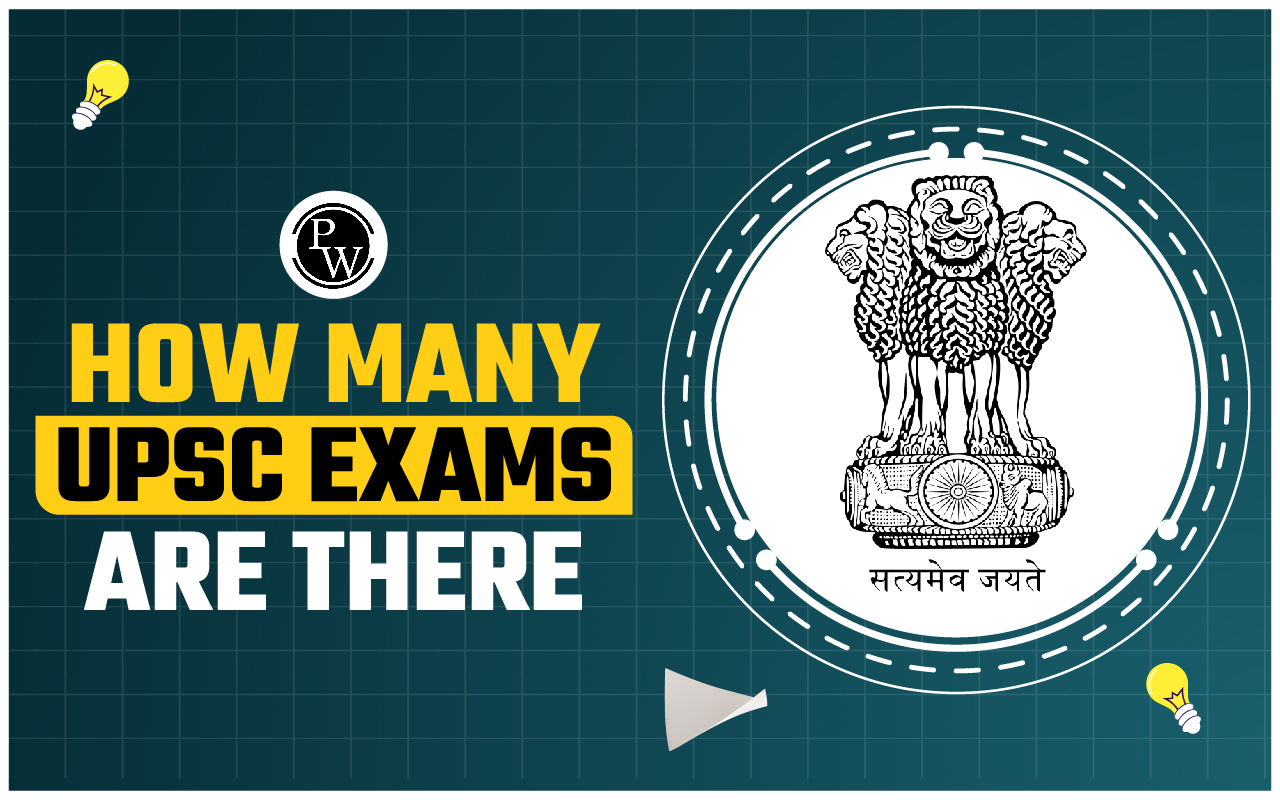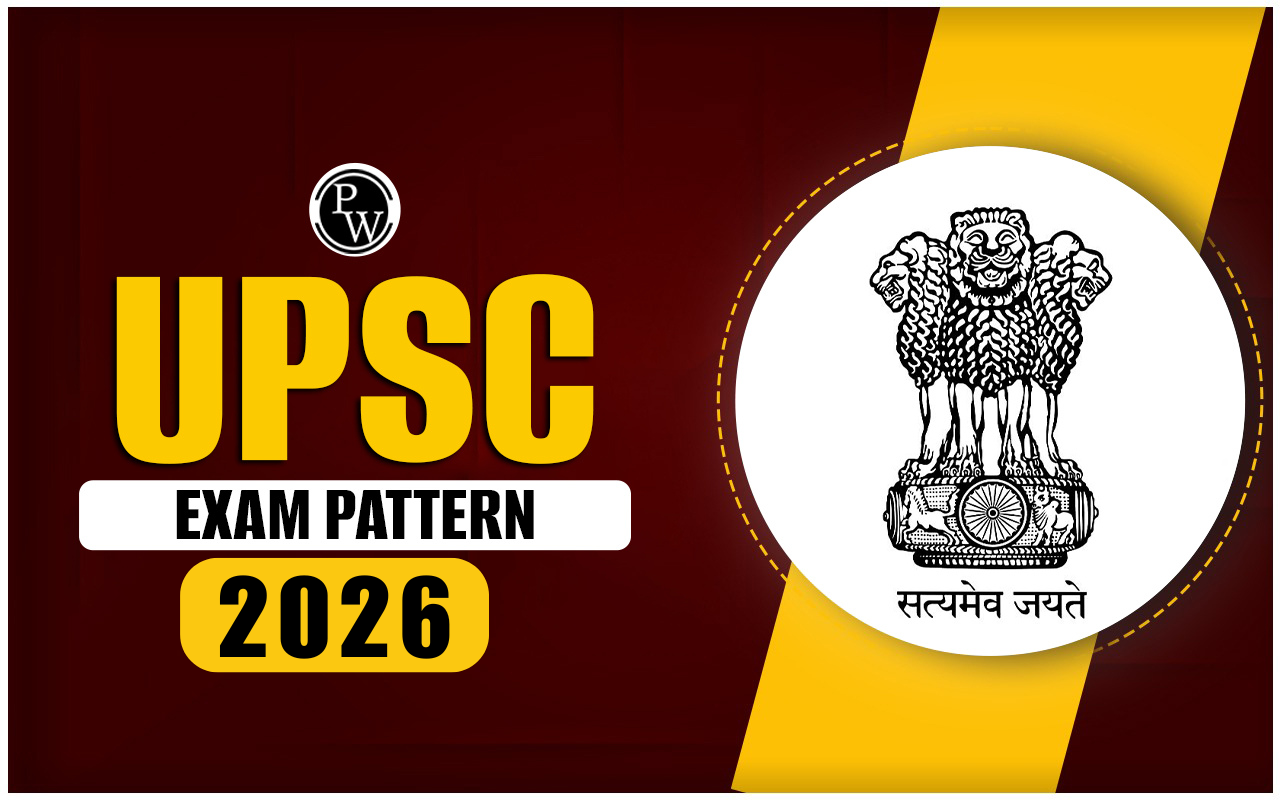
National Science Day 2025 is being celebrated on February 28, 2025, with the theme "Empowering Indian Youth for Global Leadership in Science and Innovation for Viksit Bharat". The Indian government designated this day to honour scientific achievements like the ‘Raman Effect’ and inspire innovation among young minds.
National Science Day 2025 Overview
National Science Day 2025 marks the discovery of the Raman Effect by Sir C.V. Raman in 1928. Various events, including science exhibitions, debates, seminars, and quizzes, are organised to highlight scientific advancements. The objective is to promote science and technology, encourage scientific thinking, and inspire future generations to pursue careers in science.
|
National Science Day 2025 Overview |
|
|
Date |
Friday, 28th February 2025 |
|
History |
In 1986, NCSTC proposed the designation of February 28 as National Science Day |
| Purpose | Promotes scientific temper, awareness, and the importance of science in everyday life. |
| Theme | Empowering Indian Youth for Global Leadership in Science and Innovation for Viksit Bharat. |
|
Organizers |
Ministry of Science & Technology |
|
Activities |
Lectures, seminars, workshops, exhibitions, discussions. |
National Science Day 2025 Theme
Each year, National Science Day is celebrated with a unique theme. The National Science Day 2025 theme is “Empowering Indian Youth for Global Leadership in Science and Innovation for VIKSIT Bharat”. The theme sets the direction for discussions, seminars, and activities held nationwide and celebrations at Vigyan Bhawan.
History of National Science Day
National Science Day was first observed in 1987 after the National Council for Science and Technology Communication (NCSTC) proposed the idea. The government accepted the proposal and declared February 28 as National Science Day to honour the discovery of the Raman Effect.
Since then, India has been celebrating this day annually to appreciate the role of science in societal progress. It also serves as a reminder of India’s scientific heritage and the contributions of Indian scientists to global knowledge.
What is Raman Effect?
The Raman Effect is a phenomenon where light, when passing through a substance, undergoes a change in its wavelength due to its interaction with the molecules of that substance. It was first observed by C.V. Raman and K.S. Krishnan in 1928.
The discovery of the Raman Effect proved that light can be scattered and that the scattered light contains information about the vibrational states of molecules. This effect is widely used in chemistry, physics, and medicine to study the composition and properties of different materials. He was awarded the Nobel Prize in 1930 for this discovery.
Who Was C.V. Raman?
Sir Chandrasekhara Venkata Raman, popularly known as C.V. Raman, was an Indian physicist born on November 7, 1888. He made remarkable contributions to optics and spectroscopy, earning him the Nobel Prize in Physics in 1930 for his discovery of the Raman Effect.
Raman’s work laid the foundation for modern spectroscopy. He was the first Indian scientist to receive a Nobel Prize in Physics and played a crucial role in shaping India's scientific research institutions. He also served as the Director of the Indian Institute of Science (IISc), Bangalore, and later founded the Raman Research Institute in 1948.
C.V. Raman’s Contributions
Sir C.V. Raman made several pioneering contributions to physics and scientific research. These include:
-
Raman Effect: Discovered in 1928, explaining the scattering of light and its interaction with molecules.
-
Acoustics: He studied the physics of musical instruments and wave propagation.
-
Molecular Structure: His research contributed to understanding the structure of crystals and liquids.
-
Studies on Diamonds and Iridescent Substances: His laboratory studied the structure and properties of diamonds and the optical behavior of iridescent substances.
-
Literary Contribution: Authored books like ‘Molecular Diffraction of Light’, ‘Acoustical Memoirs’, ‘Lectures on Physical Optics, Part I, and ‘Why the Sky is Blue’ (co-author).
-
Scientific Institutions: Established Raman Research Institute to promote scientific research in India.
Significance of National Science Day 2025
National Science Day 2025 plays an important role in promoting scientific awareness and innovation in India. Here’s why it is significant:
-
Honours Scientific Achievements: Recognises the contributions of Indian scientists like C.V. Raman.
-
Encourages Scientific Temper: Inspires students to develop an interest in science and research.
-
Promotes Science & Technology: Highlights advancements in various scientific fields.
-
Bridges Science & Society: Encourages public understanding of scientific developments.
-
Strengthens Research & Education: Motivates young minds to explore STEM (Science, Technology, Engineering, and Mathematics) careers.
National Science Day 2025 will celebrate India’s scientific achievements and inspire future scientists. The Raman Effect remains a milestone in physics, and its impact is seen across various fields. By observing this day, India continues to promote scientific thinking and innovation.
Struggling in science and technology for UPSC preparation? Check out PW UPSC Courses for guidance, study materials, and mock tests!
National Science Day 2025 FAQs
Why is National Science Day celebrated?
What is the theme for National Science Day 2025?
How is National Science Day celebrated in India?
What is the significance of the Raman Effect?
Who started National Science Day in India?










